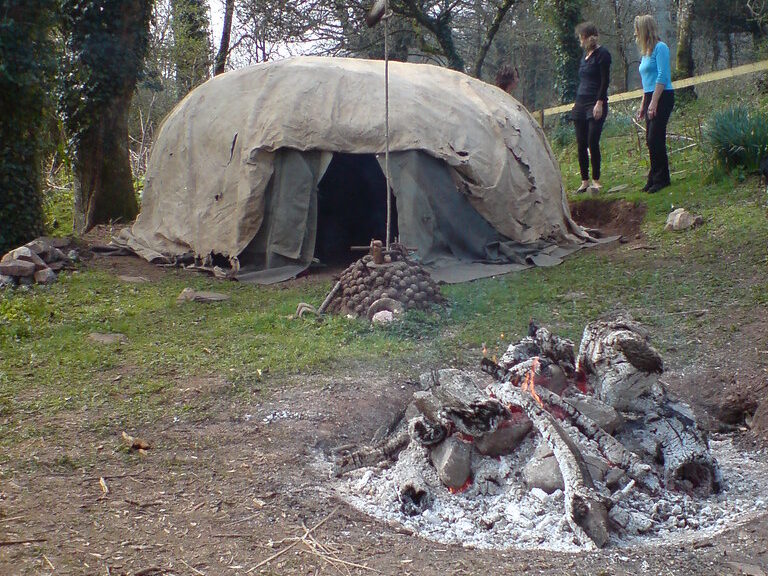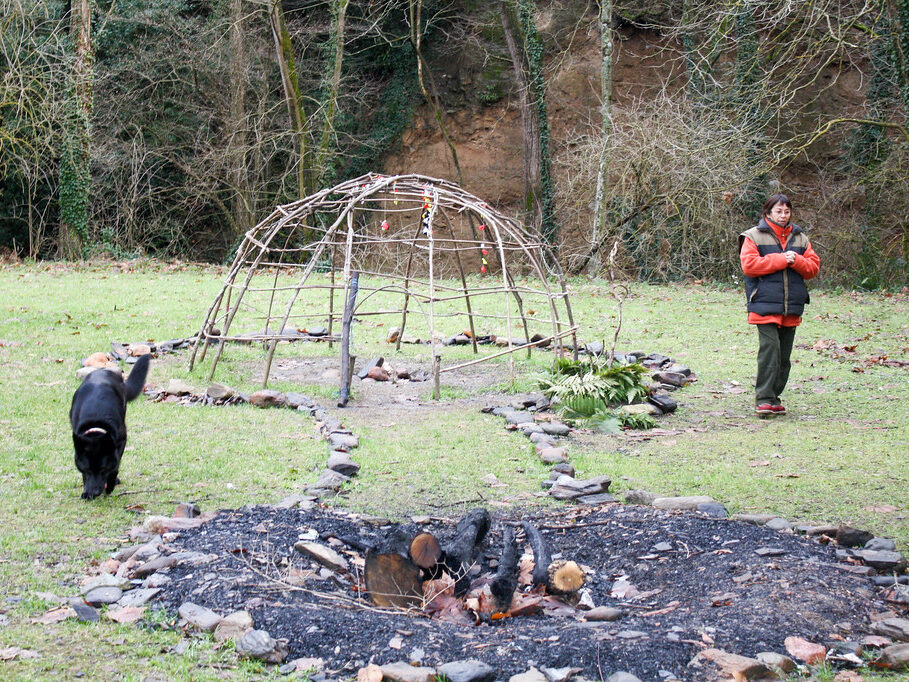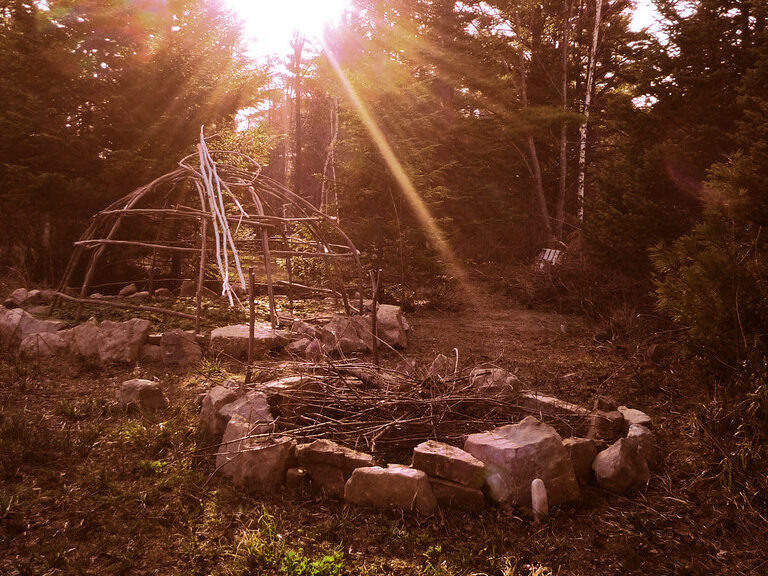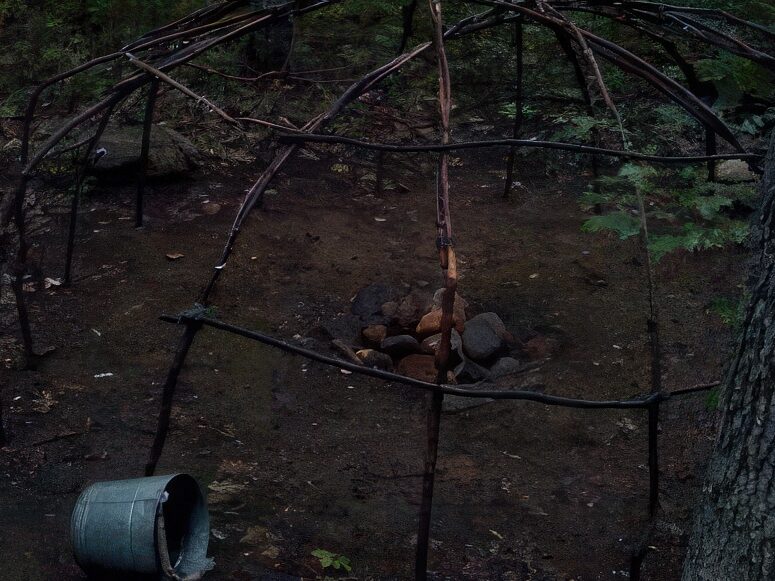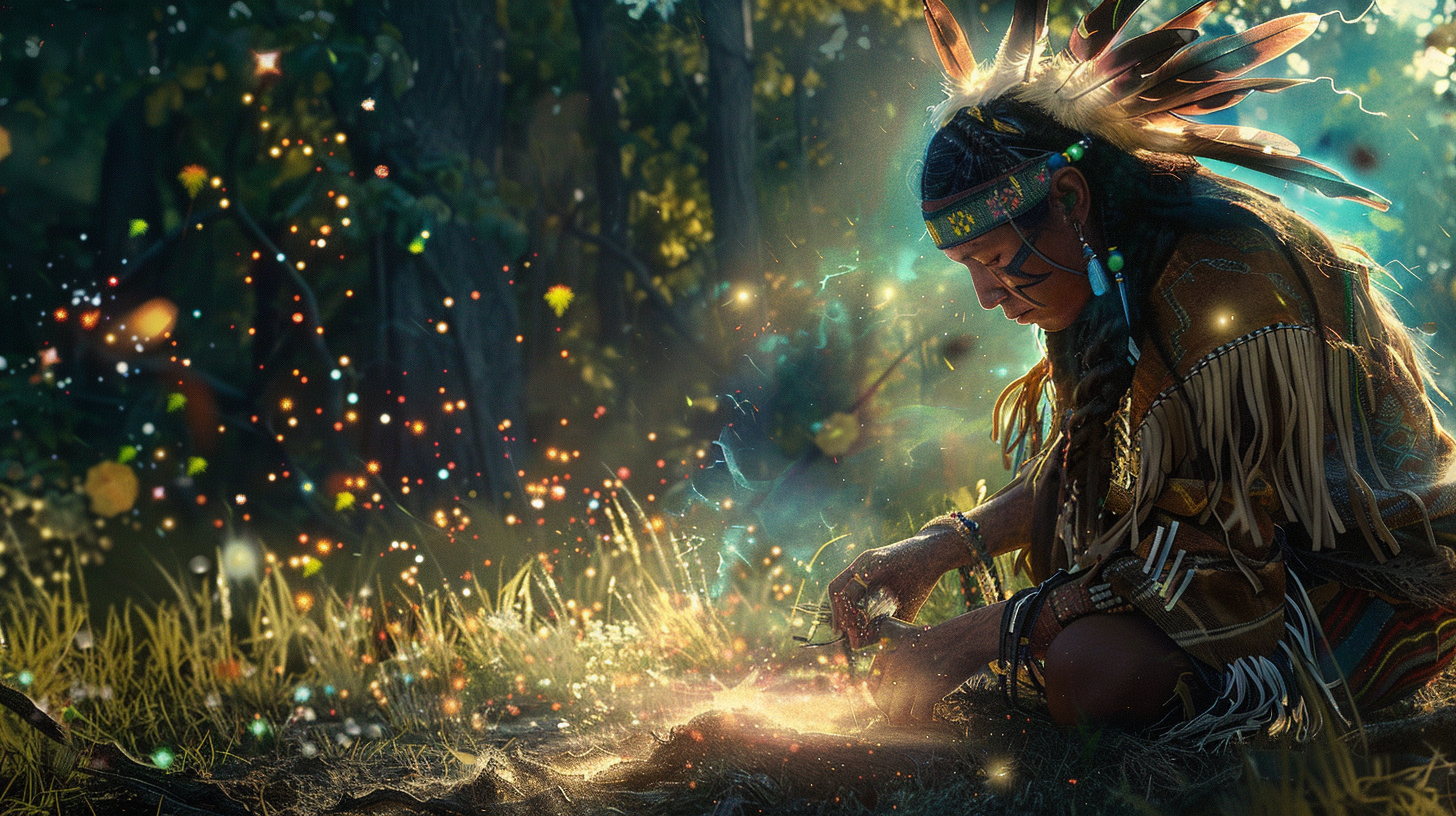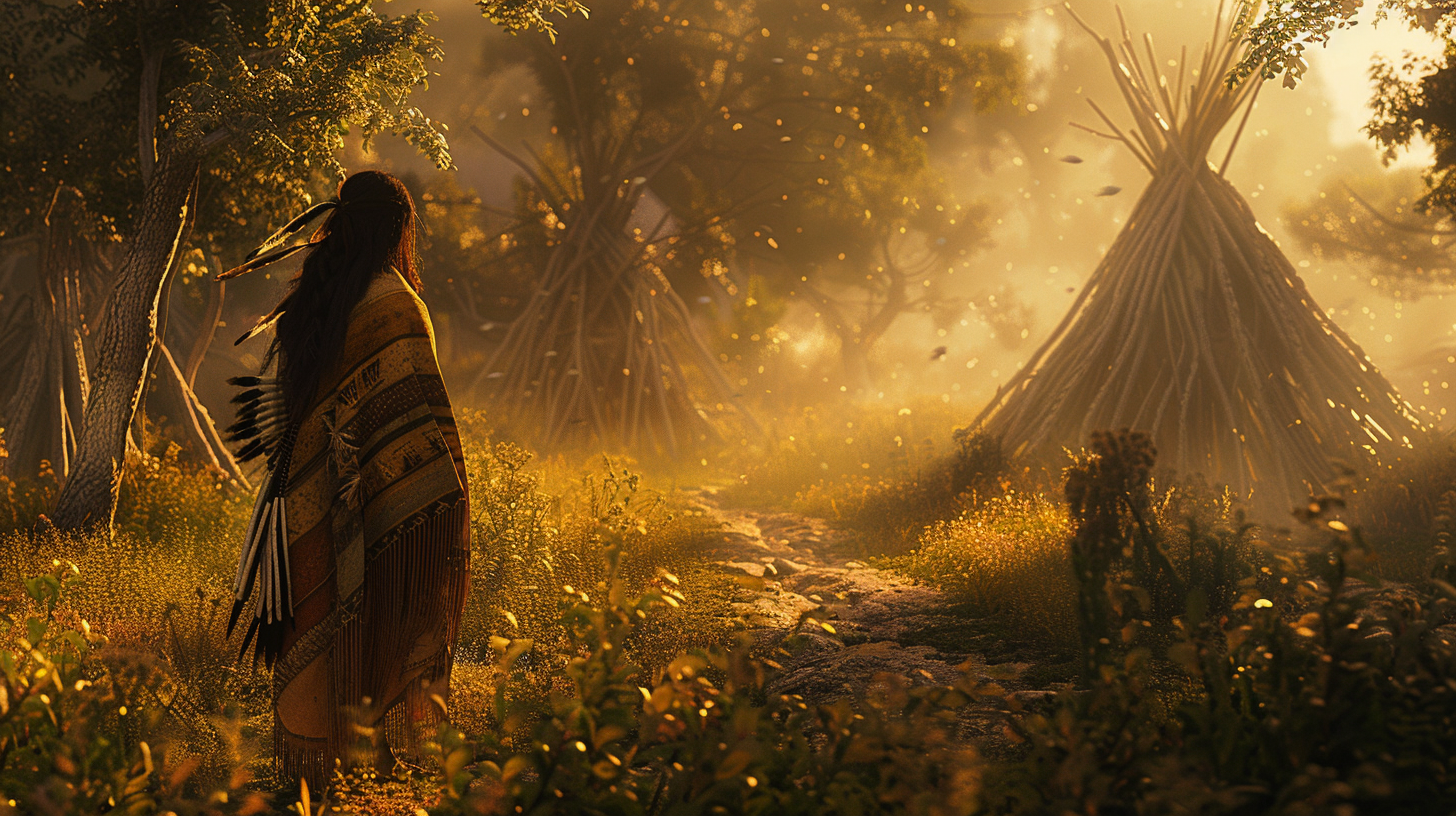Honoring the Land: Embracing Indigenous Stewardship and Outdoor Ethics
At Sacred Sundance, our ceremonies are deeply rooted in the timeless traditions of Indigenous stewardship, reflecting a profound respect for the Earth—a living, breathing entity that sustains us all.
For countless generations, Indigenous peoples have viewed themselves as integral components of the natural world, embracing a reciprocal relationship with the land, water, plants, and animals. This perspective is not merely environmentalism but a sacred covenant to protect and nurture the Earth, ensuring its vitality for future generations. Such stewardship emphasizes sustainability, community well-being, and the acknowledgment that all elements of nature are interconnected.
Responsible Recreation and Conservation
Respecting Cultural Heritage: Recognizing and preserving the historical and cultural significance of the land.
Sustainable Practices: Engaging in activities that minimize environmental impact and promote ecological balance. Leave No Trace
Community Engagement: Collaborating with local communities, including Indigenous tribes, to ensure land management practices honor traditional knowledge and contemporary needs.
The Moapa River Indian Reservation
Integrating Leave No Trace and Tread Lightly Ethics into Our Ceremonies
As participants in Sacred Sundance events, embracing these ethical guidelines enhances our collective commitment to the land:
Plan Ahead and Prepare: Understand the cultural and environmental context of the areas we visit. Prepare adequately to ensure safety and minimal impact. (NPS.gov)
Travel and Camp on Durable Surfaces: Utilize established trails and campsites to protect fragile ecosystems. (Leave No Trace)
Dispose of Waste Properly: Carry out all waste, ensuring that the natural environment remains pristine.
Leave What You Find: Preserve the natural and cultural features of the land for others to experience and enjoy.
Minimize Campfire Impacts: Use fire responsibly, adhering to local regulations and ensuring fires are completely extinguished.
Respect Wildlife: Observe animals from a distance, avoiding interference with their natural behaviors.
Be Considerate of Other Visitors: Maintain the serenity of natural spaces by being mindful of noise levels and respecting the experiences of others.
A Shared Path Forward
By intertwining Indigenous stewardship with LNT and Tread Lightly outdoor ethics, we cultivate a path of mutual respect and sustainability. This integration not only honors our ancestors but also ensures that the sacredness of the land endures for generations to come. Let us walk this path together, embodying the principles that protect and celebrate the Earth, our shared home.
The land is my mother. Like a human mother, the land gives us protection, enjoyment and provides our needs economic, social and religious. We have a human relationship with the land: Mother, daughter, son. When the land is taken from us or destroyed, we feel hurt because we belong to the land and we are part of it.
Djinyini Gondarra
